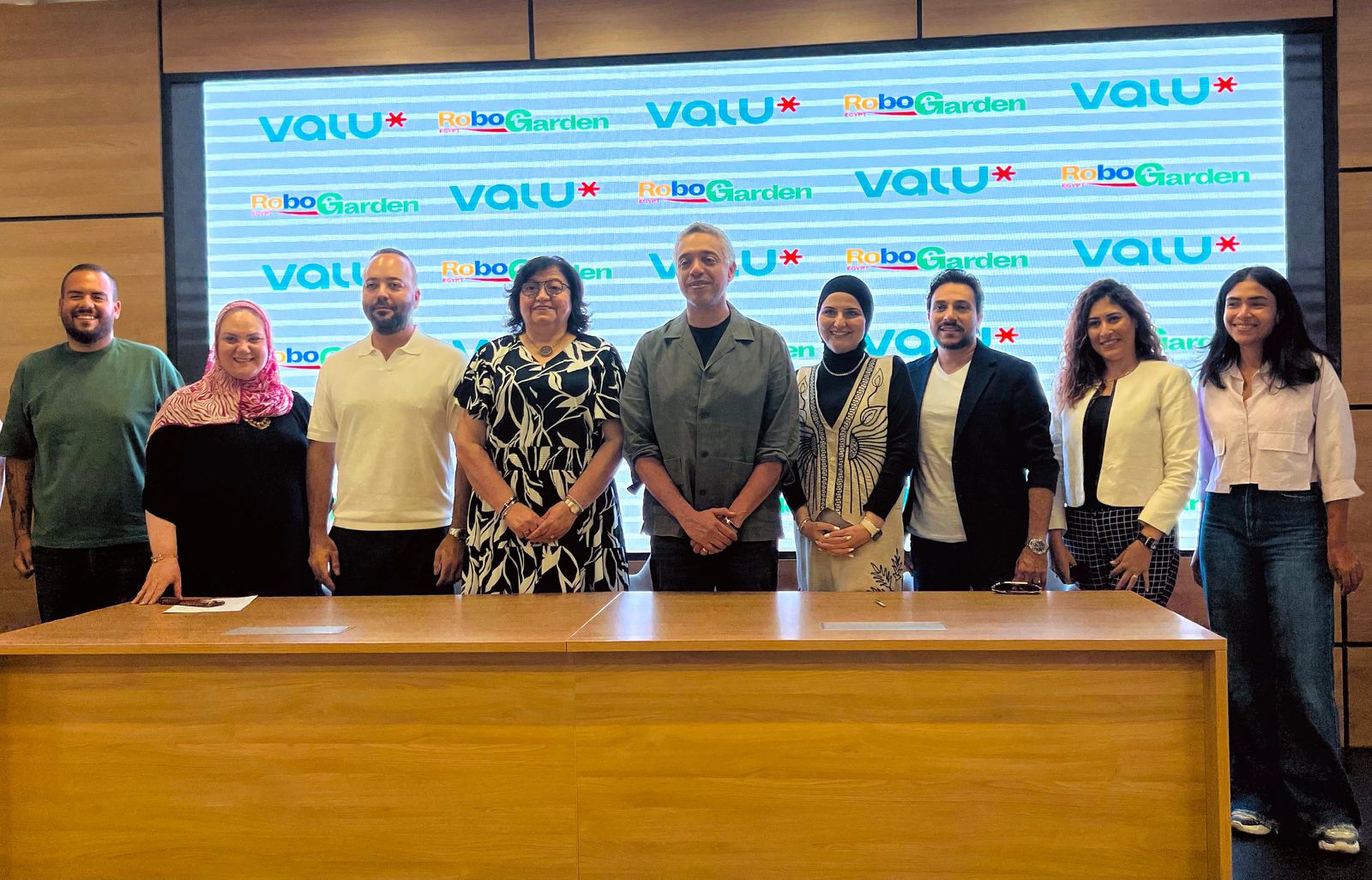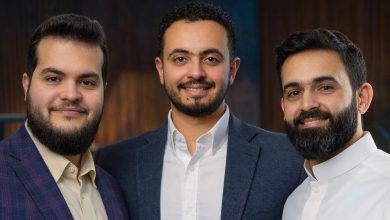Valu Offers Financial Solutions for “Learn to Earn” Initiative Launched by RoboGarden Egypt to Equip Egyptian Youth with Digital Job-Market Skills

Valu, MENA’s leading universal financial technology powerhouse, has announced its partnership with RoboGarden Egypt, the AI-powered EdTech platform, to provide flexible payment plans for the “Learn to Earn” initiative.
This initiative seeks to empower youth across Egypt — with a special focus on women and people with disabilities — by providing specialized digital training programs designed to equip them with the skills needed to thrive in today’s evolving job market.
Valu
The initiative features an innovative approach that promotes equal opportunity in education by offering a hybrid learning experience. Combined with Valu’s flexible payment solutions, it ensures that high-quality digital training is accessible and affordable to all.
“Learn to Earn” marks a significant milestone for both companies, with strong strategic value for the supporting entities. For Valu, this collaboration represents an opportunity to expand its diverse portfolio in lifestyle enablement, particularly in skill development and education — in alignment with national development goals and impactful community engagement.
Commenting on the partnership, Walid Hassouna, CEO of Valu, said: “This collaboration reflects Valu’s deep-rooted commitment to education and to the community we serve. As we expand beyond the traditional buy-now-pay-later model, initiatives like ‘Learn to Earn’ allow us to channel our financial tools toward meaningful, long-term impact. By partnering with RoboGarden Egypt, we’re enabling individuals — particularly those from less fortunate communities — to acquire in-demand skills and unlock economic opportunities.”
The program features a comprehensive, engaging learning experience — including self-paced content, live online sessions, and in-person workshops. Pathways such as web development open real opportunities for employment or freelance work in Egypt’s digital economy. Participants receive a certificate upon completing 75% of the content, with their progress tracked through analytics, attendance, and assessments.
As part of its commitment to supporting the initiative, Valu is hosting five training cohorts at Valu Café, sponsoring a total of 20 students, with four participants from each cohort receiving a 50% discount on the program fees.
Lamise Negm, Chairperson of the Board of Trustees of RoboGarden Egypt and Advisor to the Chairman of the Financial Regulatory Authority, expressed her pride and appreciation for launching this initiative, noting that it transcends traditional digital education to represent a deeply human mission. Negm stated: “What makes this initiative truly special is its focus on traditionally marginalized groups—women, people with disabilities, and youth in remote areas—by opening doors to the tech sector without requiring them to abandon their daily lives or overcome insurmountable barriers. It offers real opportunities for professional growth and economic empowerment by building solid bridges between education and employment.

This reflects a conscious collaboration between the private sector and development partners to create a more just and inclusive tech landscape—one where no one is left behind.”
Engy El Sabban, CEO and Co-founder of RoboGarden Egypt, added: “Through this initiative, we aim to extend RoboGarden’s reach to the underserved youth, women, and people with disabilities — empowering them with remote work opportunities and flexible career paths. Our hybrid model proves scalable in the local market. We target more than 1,000 trainees across Egypt by the end of the year. Early pilot groups, delivered in collaboration with both local and international organizations, have shown strong support across sectors — and Valu’s contribution will be instrumental in scaling our impact.”
El Sabban noted that five training cohorts will be held under this partnership, with 25 participants in each — reaching a total of 125 learners. She emphasized that vocational and skills-based training is key to enhancing labor market competitiveness in Egypt, especially amid global economic shifts and the growing reliance on technology. Statistics show that around 60% of Egyptian university graduates struggle to secure employment immediately after graduation due to the gap between educational outcomes and market needs.















